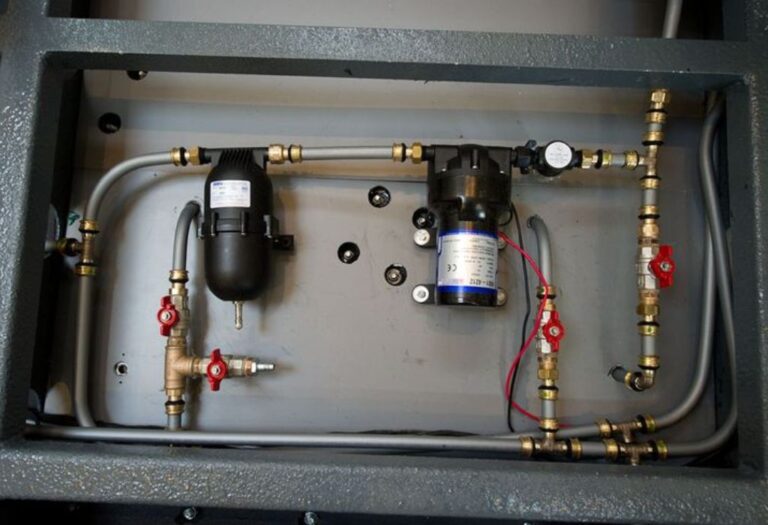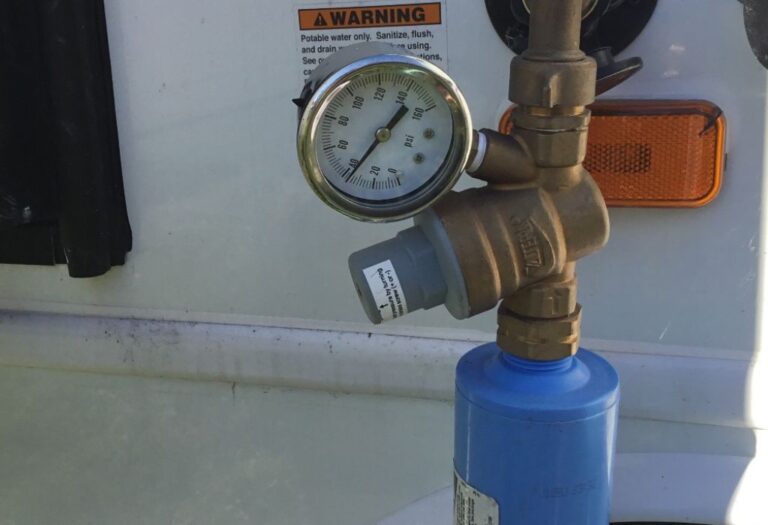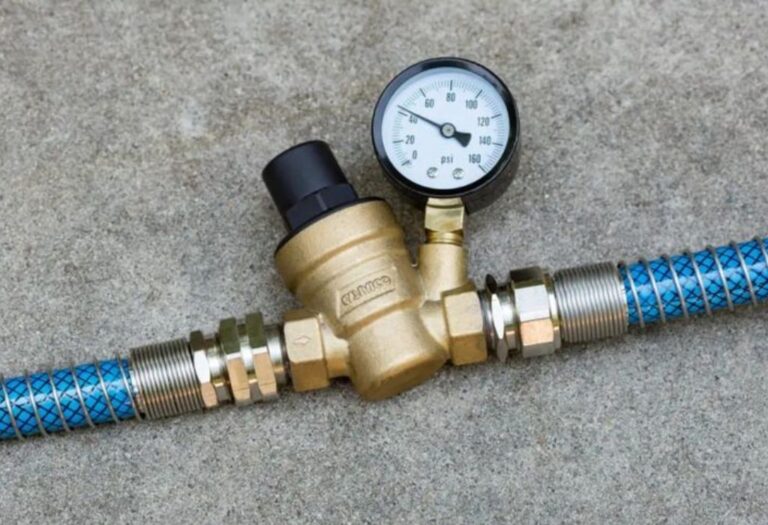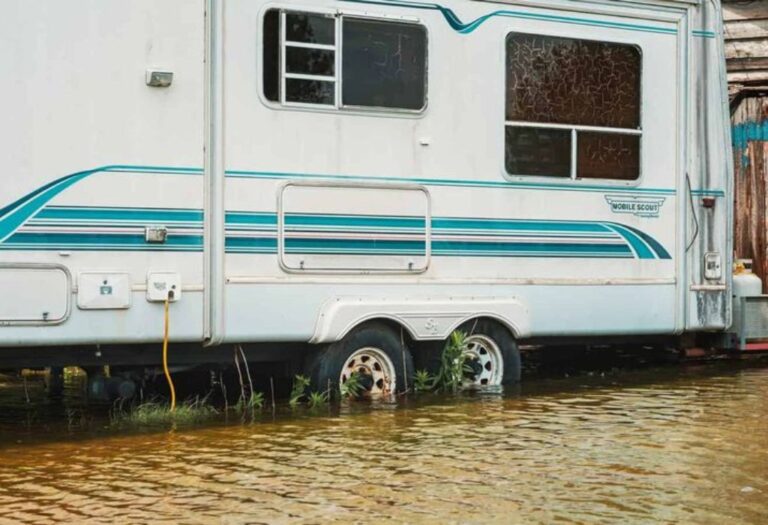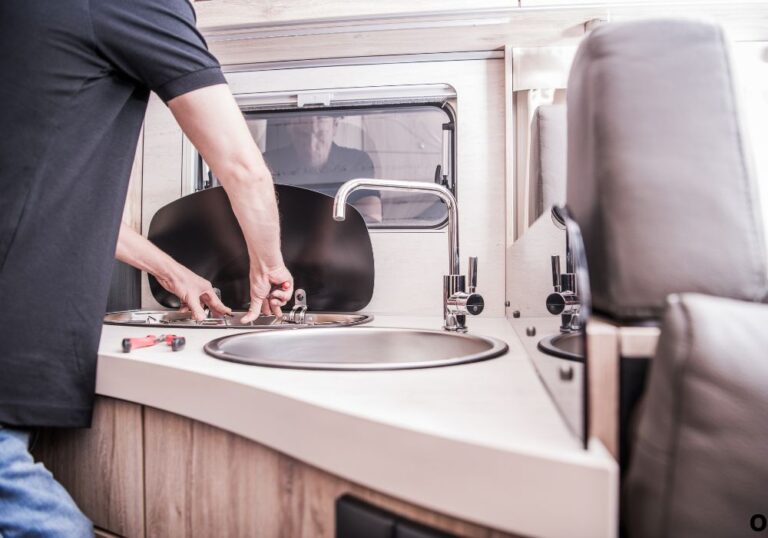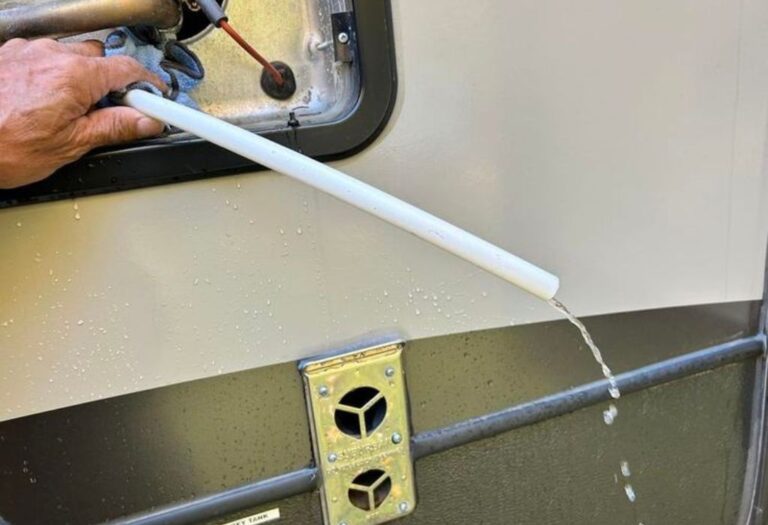Can You Run RV AC on Battery? (Complete Guide for Campers)
Imagine it’s the middle of summer, the sun is blazing, and your RV feels more like an oven than a cozy getaway. You reach for the air conditioner switch, only to realize you’re not plugged into shore power and you don’t want to run your noisy generator. The big question hits: can you run RV AC on battery power alone?
The short answer is yes, but with some serious limitations. Running your air conditioner on RV batteries isn’t as simple as turning it on and forgetting about it. It requires understanding your power system, knowing how much energy your AC unit consumes, and often making significant upgrades to your battery bank and inverter.
This guide will break down everything you need to know about running RV AC on batteries—from how long it will last, what kind of setup you need, to smart alternatives and cost comparisons. By the end, you’ll know exactly what’s possible, what isn’t, and how to keep your RV cool on the road.
Understanding RV Air Conditioner Power Needs
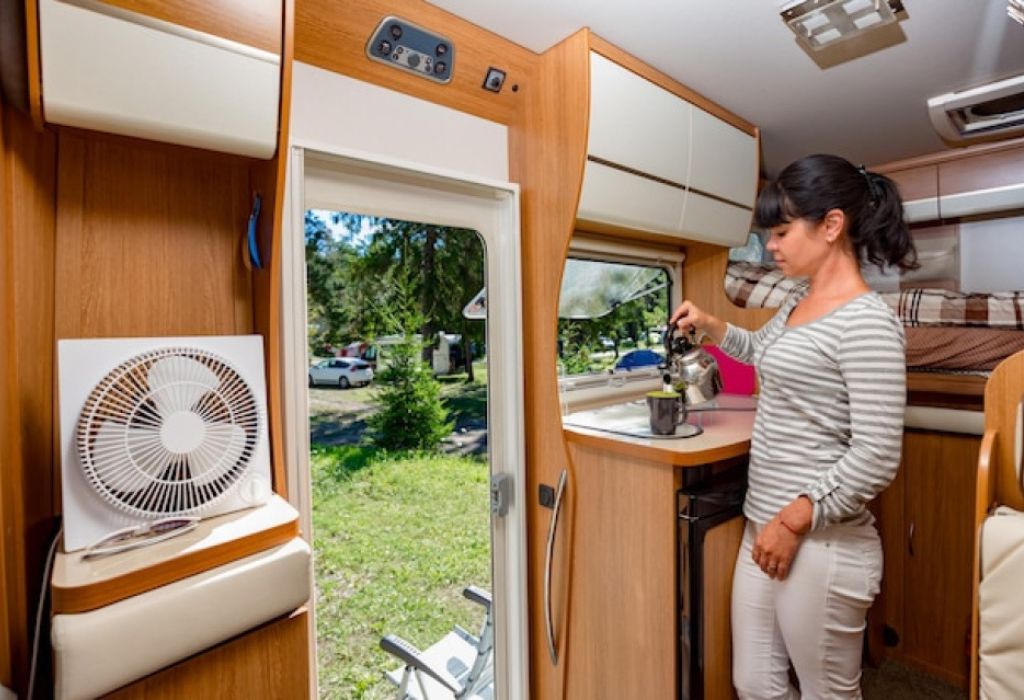
Before you can figure out if batteries can handle your AC, you need to understand how much power your air conditioner requires.
- Typical Power Draw – Most RV air conditioners are rated between 13,500 BTU and 15,000 BTU. These units typically need between 1,500 and 3,500 watts of power to run.
- Starting Watts vs. Running Watts – The compressor inside the AC requires a surge of electricity when it starts. This can be 2–3 times higher than its normal running watts. For example, a 15,000 BTU unit may need 3,000 watts to start but only 1,500 watts to keep running.
- Why It Matters – Batteries provide power in DC (direct current), while your AC unit needs AC (alternating current). This conversion requires a high-capacity inverter and eats into efficiency.
How RV Batteries Work
To know whether your batteries can handle an AC unit, let’s look at how they function.
- Battery Voltage – Most RV batteries are 12V, though some setups use two 6V batteries wired together.
- Capacity Measured in Amp-Hours (Ah) – A 100Ah battery can theoretically deliver 1 amp for 100 hours or 10 amps for 10 hours.
- Types of Batteries –
- Lead-acid (flooded) – Cheap but heavy and low efficiency.
- AGM – Maintenance-free but still limited in capacity.
- Lithium-ion – Light, long-lasting, and can discharge deeply, making them the best choice for AC use.
Can You Run RV AC Directly on Battery?
The truth is: Yes, but only for a short time.
- How It Works – You need an inverter to convert your 12V DC battery power into 120V AC power that your air conditioner can use.
- Battery Drain – Running AC drains batteries extremely fast. Even a large bank of deep-cycle batteries may only keep your AC on for a couple of hours.
- System Stress – If your inverter isn’t powerful enough (usually at least 2,000–3,000W), your AC won’t even start.
How Long Will RV AC Run on Battery? (Real-Life Examples)
Let’s put some numbers into perspective.
- 100Ah Lead-Acid Battery – Can power an AC for about 10–15 minutes before dying. Not practical.
- 200Ah AGM Battery – Can run AC for roughly 30–40 minutes under light usage.
- 400Ah Lithium Battery Bank – Can power an AC for about 2–3 hours depending on conditions.
- 800Ah Lithium Setup – Possible to run AC for up to 6–7 hours, but this requires a major investment.
Clearly, if you want to run AC on battery power, you’ll need multiple lithium batteries, a powerful inverter, and likely some solar support.
Factors That Affect RV AC Runtime on Battery
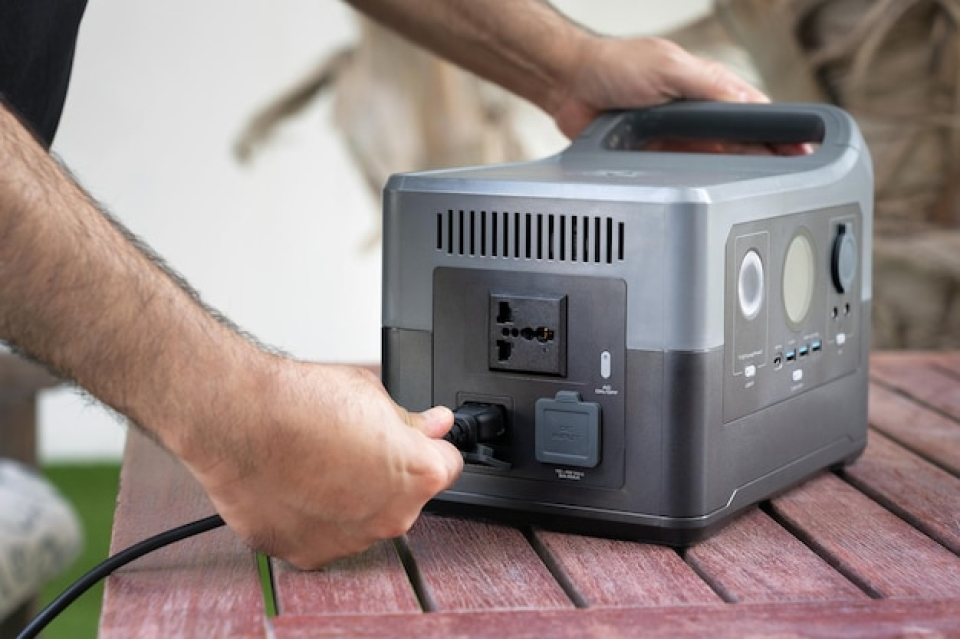
Your runtime isn’t fixed—it depends on several factors.
- Battery Type – Lithium batteries last far longer than lead-acid or AGM.
- Battery Size – More amp-hours means more cooling time.
- Inverter Efficiency – A pure sine wave inverter wastes less energy than a modified sine wave inverter.
- Air Conditioner Size – A 13,500 BTU unit will last longer on battery power than a 15,000 BTU one.
- Weather Conditions – On very hot days, the AC cycles more often, draining the battery faster.
- Other Appliances Running – If you’re powering a fridge, microwave, or TV at the same time, your batteries will deplete much faster.
Alternative Ways to Power RV AC Without Shore Power
Since batteries alone aren’t always practical, many RVers use other methods to power their AC.
- Generator – A portable or built-in generator can easily handle RV AC units. This is the most reliable method when off-grid.
- Solar Panels + Lithium Batteries – A large solar setup with 600–1,000 watts of panels and a 400Ah+ lithium battery bank can run an AC for a few hours daily.
- Hybrid Systems – Combining solar, batteries, and generator backup is the best option for full-time RVers.
- Portable Power Stations – Products like Jackery or EcoFlow can run AC units for a limited time. These are convenient but very costly for long runtimes.
Best Practices for Running AC on Battery
If you do want to run your AC on batteries, here’s how to make it work better.
- Upgrade to lithium batteries – They’re expensive but worth it for AC use.
- Install a soft start device – This reduces the surge wattage when the AC starts, making it easier for batteries and inverters to handle.
- Cool your RV before disconnecting from shore power – This reduces the load once you’re running on batteries.
- Use ventilation and fans to support cooling – This helps your AC cycle less frequently.
- Monitor battery usage with a battery monitor – Prevents deep discharging that can damage batteries.
Cost of Setting Up Battery-Powered RV AC
Here’s a rough idea of what you’ll need to invest if you want to run your AC on batteries.
- Lithium Battery Bank – $800–$1,000 per 100Ah. A 400Ah setup may cost $4,000.
- Pure Sine Wave Inverter – At least $1,000 for a 3,000W inverter.
- Solar Panels – $2–$3 per watt. A 1,000W system may cost $2,000–$3,000.
- Generator (alternative option) – $700–$2,000 depending on size and brand.
Clearly, running AC on battery is a significant investment, but it’s possible if you’re serious about off-grid living.
Common Mistakes RVers Make
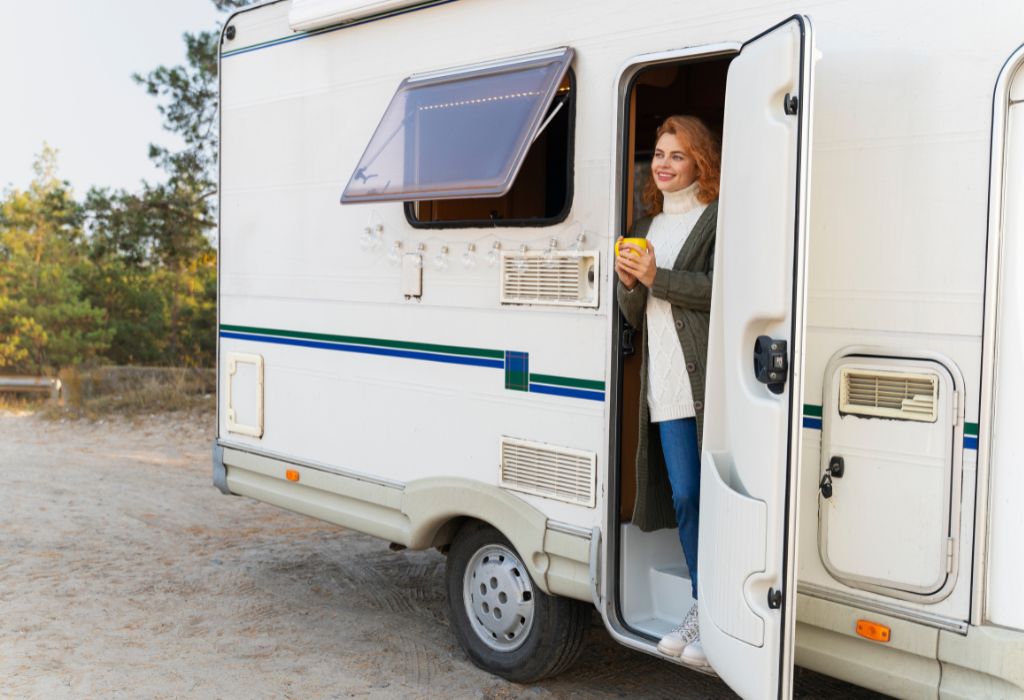
Many campers try to power AC with batteries but run into issues. Avoid these mistakes:
- Using only one or two lead-acid batteries.
- Installing an undersized inverter.
- Running AC without a soft start device.
- Ignoring proper ventilation, which forces AC to work harder.
- Over-discharging batteries and damaging them permanently.
FAQs
- Can solar panels run RV AC directly?
No. Solar panels feed batteries, and the inverter runs the AC. You need a large solar setup to keep up. - How many batteries are needed to run AC for 8 hours?
Around 800–1,000Ah of lithium batteries, depending on the AC size and inverter efficiency. - Do portable power stations run RV AC?
Yes, but only for short periods. A 2,000Wh power station might give you 1–2 hours of runtime. - Is it cheaper to use a generator than batteries for AC?
Yes. Generators are more affordable initially, but batteries + solar offer silent, eco-friendly power.
Conclusion
So, can you run RV AC on battery? Yes, but only with the right setup. For most RV owners, running AC off a standard battery bank isn’t practical—it drains too fast. But with lithium batteries, a powerful inverter, and possibly solar support, it’s possible to cool your RV for a few hours off-grid.
For weekend campers, a generator may be the simplest option. For full-time RVers and boondockers, investing in lithium batteries and solar panels can give you the freedom to stay cool without plugging in.
At the end of the day, running RV AC on battery power is possible, but it comes at a cost. If you’re ready to invest in your off-grid lifestyle, the technology is there to keep you comfortable—even in the middle of summer.
I’m David R. Coleman, the founder, lead writer, and lifelong tool enthusiast behind GarageToolPro.com. With years of experience in automotive repair, woodworking, and home DIY projects, I created this platform to share practical tips, detailed tool reviews, and step-by-step guides that help mechanics, hobbyists, and homeowners get the job done right the first time.

